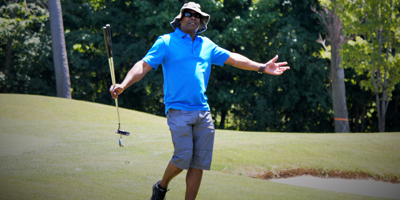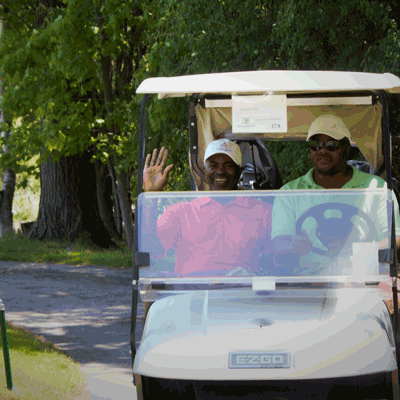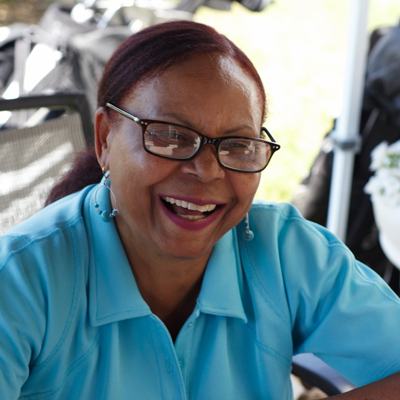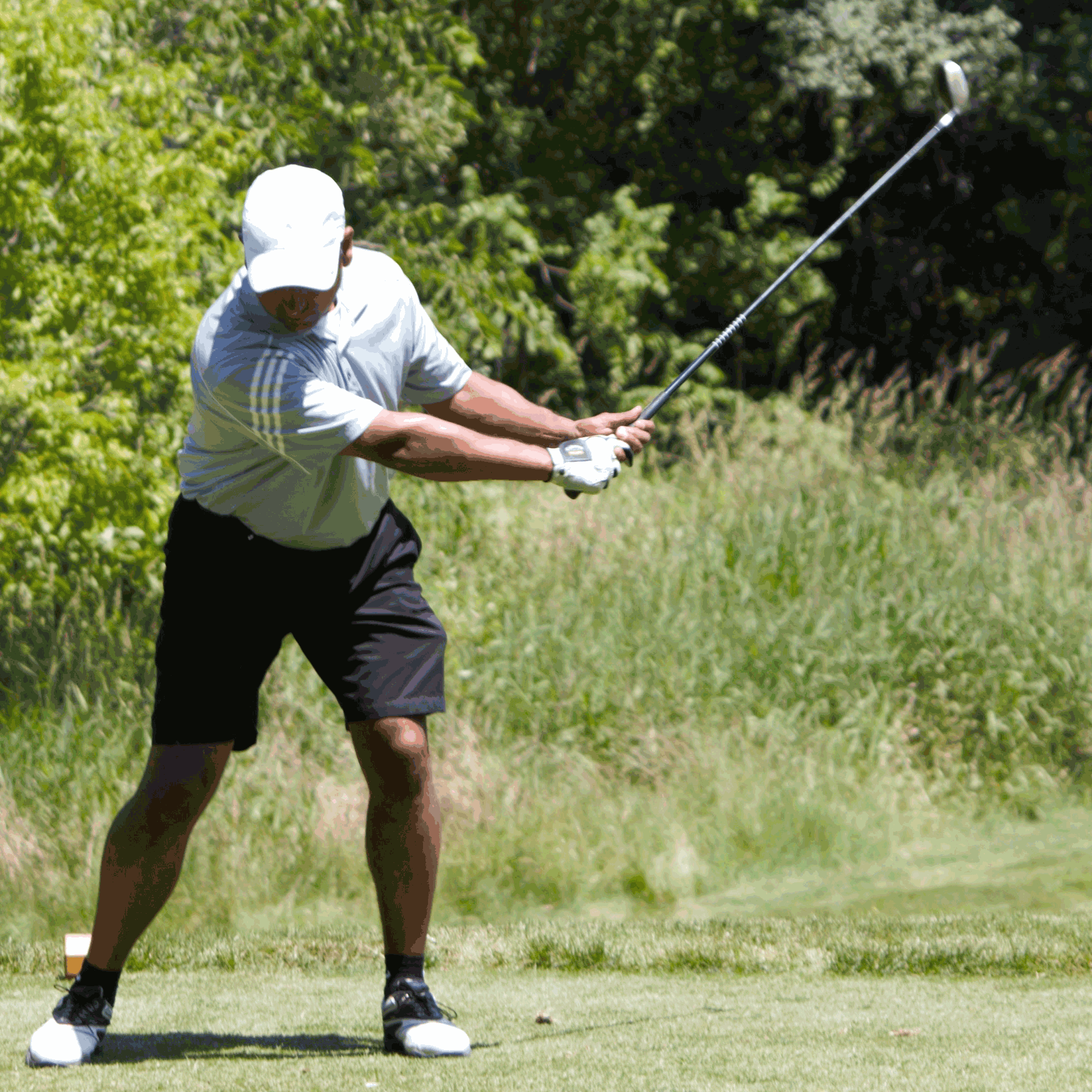| The 'Historic' Calabar |
|
It is impossible to over-value the contribution of preparation; expectation; predisposition. Dr. Paul Brandwynne, the education theorist, said 'learning is the personal transaction between an individual and that which he desires to know.' Even experience will teach nothing if there is no such transaction. You must want to know. It must be an aspiration of the individual. Second - The Calabar educational experience was transformative. It produced a particular 'brand' of student; it produced uniquely inquisitive persons. Do you remember how many of our teachers would ask, "What does this teach us?" Mr. Ogle, “Spirit of the Lab,” asked it in Chemistry classes. Mr. Pena did in Spanish; Mrs. Jellyman asked it in Latin; Mr. Knight in Geometry. We learned that our opinions mattered; that our take on an issue was worth hearing, was valuable, and valued. Little wonder that all of us believe we can argue every point. (Our own Cass-Cass Forum is immediate demonstration. QED--that which was to be proved.) I am not sure there is now any central, education philosophy that 'brands' the Calabar experience. Perhaps one is emerging from the year that saw so many successes in so wide a variety of interscholastic competitions. And, not to be overlooked, that philosophy and culture was entrenched by the number of old boys who returned as teachers. (Inviting old boys back to the school as teachers and administrators is one of the ways that Eaton, Boston Latin, Andover, Stuyvesant High and other world-class secondary schools maintain their unique culture. Read their admission brochures and see how many in their staff and faculty as 'class of...') Third - Those who emerged from Calabar were visible, successful, and remained connected to Calabar. Mrs. Norman, who taught Geography, advised the debating team, and was editorial consultant to the Green and Black review while I was at Calabar, also managed a weekly after-school program where Calabar graduates were invited back to talk about their professions, and relate the relevance of the school experience to the workplace. Some invitees had been at school just the year before. I remember Mark Ricketts was invited back the very year after he left Calabar. He then was working as an insurance salesman. Everyone knew he had not scored high on the Higher Schools exam. He may have failed all the subjects. But there he was, being validated by the school, and as recognized as the Jamaica and Rhodes Scholars that were listed in gold on the oaken Honor Roll that hung in the chapel. But he was presented as a success-- his brand new Morris Isis helped impress the image, too. You could not miss the message: there is no honest undertaking in which you can’t 'make something of yourself.' I beg that we consider how we can help the school in the only ways that make it great again: - A. Val-Hackett |









